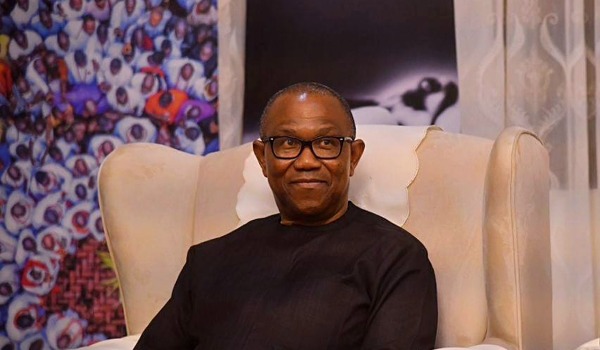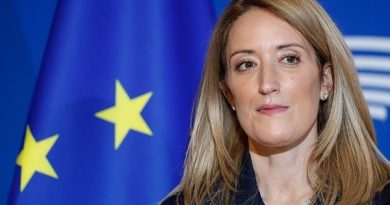Obi reacts to 114% salary increase proposed for public office holders; government officials maintaining convoys despite spike in PMS price
The Labour Party, LP, presidential candidate in just concluded general elections, Peter Obi has condemned the recent proposal of a 114 percent increase in the salaries of elected politicians, including the President, vice president, governors, lawmakers, as well as judicial and public office holders by the Revenue Mobilisation, Allocation and Fiscal Commission, RMAFC.
In a post via his verified Twitter handle on Thursday, Obi argued that the leaders and public officeholders should have focused on cutting the cost of governance and alleviating the sufferings of Nigerians instead of even mulling an increase in their remunerations.
He added that leaders should prioritize what affects the masses and those on the lower strata of society over themselves.
Many Nigerians who are feeling the pinch of economic reform have complained that politicians have shown no signs of cutting down the cost of governance and share in the pain.
Subsidy removal, naira devaluation, and the implementation of a value-added tax on diesel imports are causing further spikes in the prices of goods and exacerbating the cost-of-living crisis in Africa’s biggest economy.
The situation is likely going to worsen in July as analysts have projected a further acceleration in inflation when the imminent electricity tariff hike takes effect
Meanwhile, the President of the Trade Union Congress (TUC), Festus Osifo says government officials have not demonstrated cost reduction as they still go about with “endless convoys” despite the effects of fuel subsidy removal on the masses.
Osifo also decried the cost of governance while drawing attention to the dwindling capital expenditure
He said Labour proposed N200,000 as the new minimum wage from N30,000 because it anticipated that the government would float the naira and allow market forces to determine the exchange rate of the national currency.
He argued that the value of N30,000 five years ago when the minimum wage was last reviewed has so far reduced with mounting inflation rates, soaring food prices and transport fares, amongst others.
The Federal Government had on Monday resumed negotiations with the Nigeria Labour Congress (NLC) and the TUC on measures to alleviate the impacts of the removal of the petrol subsidy on Nigerians.




